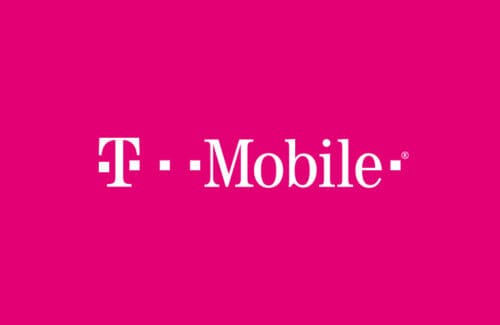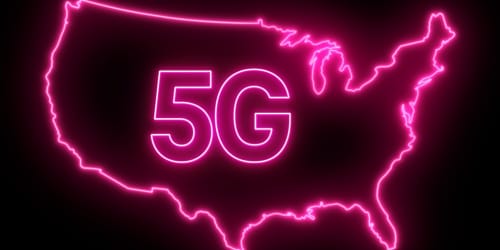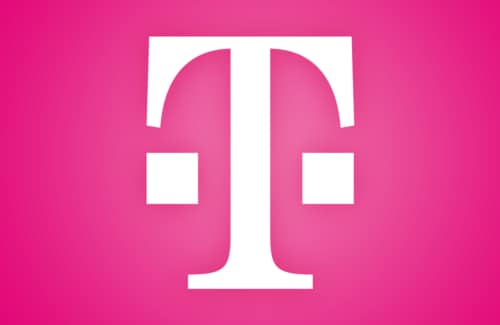AT&T has proclaimed as “fact” that any reasonable limitation on its ability to roll up the remaining low-band spectrum that AT&T does not already control will somehow doom the upcoming 600 MHz incentive auction.
The truth, however, is just the opposite: only an auction with broad-based participation will generate robust auction revenue and result in a competitive, innovative mobile broadband landscape that benefits consumers. As Canada’s recent 700 MHz auction demonstrates, smart auction design combined with reasonable aggregation limits can actually increase auction revenues by forcing dominant carriers to do their least favorite thing – compete against one another for critical spectrum resources.
We think AT&T still knows fact from fiction. T-Mobile has won market share by dumping annual service contracts, ending upgrade runarounds, and dropping data roaming charges in 120 countries and destinations. Rather than compete on service, simplicity, or value, AT&T would much rather prevent us from acquiring the low-band spectrum we need to bring our “Un-carrier” message to more Americans. Perhaps for that reason, AT&T has lobbied furiously to discourage the FCC from adopting any limits on AT&T’s market power.
In a recent corporate blog post, for example, AT&T suggested that the value of the spectrum currently used to support over-the-air television is greater than using that same resource for wireless broadband services. According to AT&T, the money needed to clear a relatively small number of over-the-air television licensees from the spectrum is so great that any limitation on AT&T’s ability to acquire the low-band spectrum licenses competitive carriers need to compete will cause the 600 MHz incentive auction to fail by generating too little revenue to convince the least profitable broadcasters in the nation to exit the band or share with another broadcaster to make room for new wireless broadband services.
AT&T’s claim does not withstand scrutiny. Even if broadband spectrum were not far more valuable than over-the-air broadcast spectrum, relatively few broadcasters have to exit the 600 MHz band to unlock vast quantities of broadband spectrum due to the inefficient way broadcast licenses were assigned. Moreover, most of the country’s television channels are empty and available for licensing at no cost.
Here’s the truth regarding the upcoming 600 MHz incentive auction: it represents the one and only opportunity where competitive carriers like T-Mobile can acquire significant blocks of low-band spectrum through competitive bidding. Without some type of reasonable limits on the two dominant carriers’ market power, the future of wireless broadband will be less innovative, slower, and more costly. That’s not fiction. That’s a fact.




